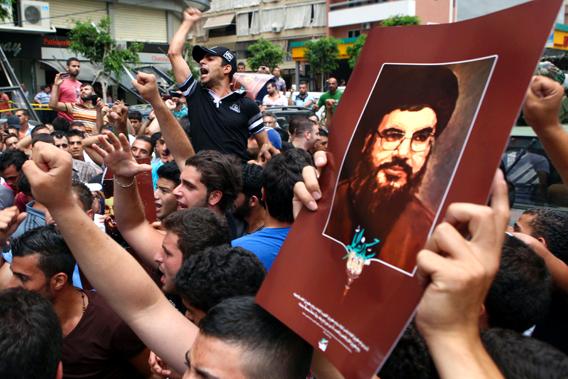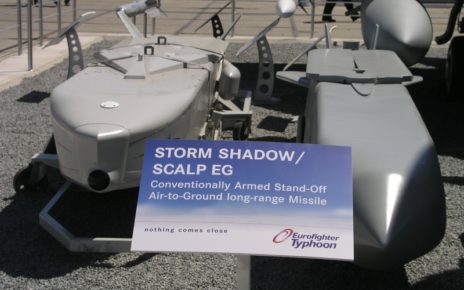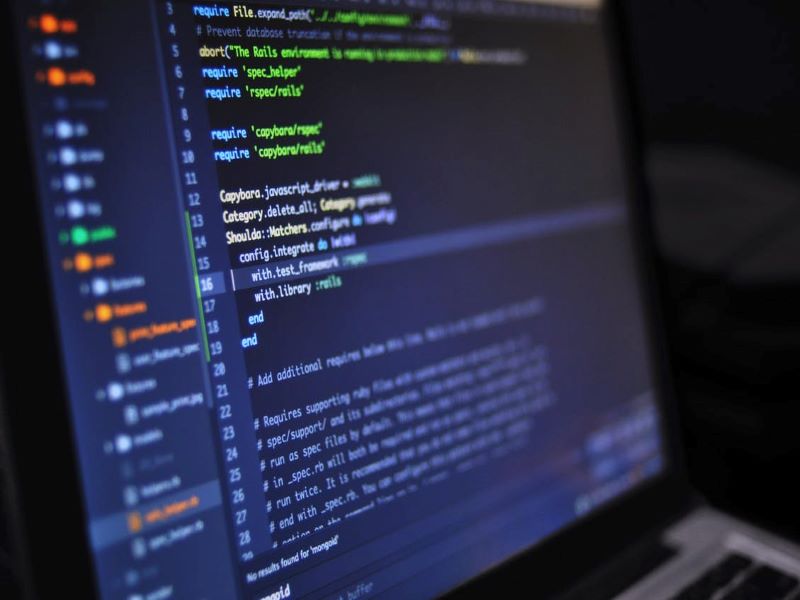Hezbollah, or the “Party of God,” is a Lebanese Shi’a organization with a rather unique paramilitary structure, comprised of a political party with a notable parliamentary presence as well as a guerrilla army that has been called “the best in the world.” Hezbollah was born out of the Israeli invasion of southern Lebanon in 1982, and the group’s unprecedented success in driving out Israeli troops quickly endeared Hezbollah to the impoverished Shi’a Muslims in the country. This support base was further strengthened by Hezbollah’s provision of social services, including the reconstruction of damaged homes and infrastructure. Hezbollah also became a major healthcare provider, as evidenced by the fact that 400,000 people received these services in 2000 alone.
There has been some disagreement internationally regarding the nature of Hezbollah. While some countries have called the group a terrorist organization, Canada, the United States and Israel among them, others such as Russia have not done so. On July 22, the European Union joined its Western allies in condemning Hezbollah as a terrorist organization. This was spurred by last year’s attack against the Bulgarian city of Burgas which resulted in the death of five Israeli tourists and their driver, although Hezbollah has denied involvement. There have been many other reports of Hezbollah attacks against Israeli soldiers and civilians as well as numerous attacks against American soldiers in the region, the largest and most infamous of which was the 1983 suicide bombing of U.S. Marine barracks in Beirut.
It is important to note that supposedly the EU’s blacklisting applies only to the “military wing” of Hezbollah, a distinction that European governments have made to deflect concerns over fuelling political instability in Lebanon. Lebanon is currently rife with internal tension between supporters and critics of Hezbollah’s intervention in Syria. Many in the country worry that recent violence could worsen if the EU decided to impose more general sanctions. The EU will maintain ties to the “political wing” of Hezbollah and “legitimate financial transfers” will continue. However, the structure of Hezbollah undermines the effectiveness of this arrangement. As many observers have stated, Hezbollah leaders among them, such a distinction does not exist. While Hezbollah does have members in the Lebanese Parliament and cabinet, the organization is fundamentally holistic and non-bureaucratic and there are no separate “wings.” Israeli Prime Minister Benjamin Netanyahu acknowledged this in his thinly veiled criticism of the EU decision, saying, “as far as the State of Israel is concerned, Hezbollah is one organization, the arms of which are indistinguishable.”
Sanctions were touted by EU leaders as a means of “dealing with the military wing of Hezbollah, freezing its assets, hindering its fundraising and thereby limiting its capacity to act.” But the reality is far more complicated. Hezbollah assets in EU territory will indeed be frozen and travel bans may be placed on some affiliated individuals which could weaken Hezbollah as Europe has served as a financial channel for the group. However, sanctions are substantially less effective when the sanctioned party has an ally to help them subvert restrictive measures. For Hezbollah, this ally is the Shiite government in Iran.
[captionpix align=”left” theme=”elegant” width=”320″ imgsrc=”http://natoassociation.ca/wp-content/uploads/2013/07/11.jpg” captiontext=”Hezbollah Secretary-General Sayyed Hassan Nasrallah recently met with Iran’s supreme leader Ayatollah Ali Khamenei in Tehran to discuss the ongoing Syrian crisis. (Al Arabiya)”]
The Iranian government has always had an extraordinarily close relationship with Hezbollah, arising from their shared Shia Muslim heritage and common enemy of Israel. Iran is currently awaiting a transition from current president Mahmoud Ahmadinejad to incoming president Hassan Rohani, who campaigned on a deliberate deviation from his predecessor’s policies. As a result, there is perhaps reason to be hopeful that Rohani will exercise greater restraint in his government’s relationship with Hezbollah. However, Iran is ultimately ruled by supreme leader Ali Khamenei, and Rohani has emphasized his close relationship with the religious leader. Khamenei is a long-term supporter of Hezbollah, to the extent that some have seen it as Iran’s terrorist proxy in the Middle East. In fact, it was on Khamenei’s ordersthat Hezbollah entered the Syrian conflict to fight for Bashar al-Assad and Iran continues to finance their participation. Iran pays out a $3000 USD salary to every Hezbollah guerrilla fighter who joins the conflict in Syria, in addition to a kind of life insurance policy that promises $5000 to family members of Hezbollah fighters killed during the course of duty. Together, Hezbollah and Iran have committed a 50,000 strong guerrilla army to the Syrian civil war. The near synchrony of policy between Hezbollah and Iran is a long-standing tradition; as stated by journalist Najah Ali, “the meetings between [Hassan] Nasrallah [Secretary-General of Hezbollah] and Iranian officials have never stopped and are nothing new.”
Iran’s funding of Hezbollah’s participation in the Syrian conflict represents only a small fraction of the country’s support to the group. Estimates of total funding the organization enjoys from Iran range from between $100 million-$200 million USD a year and Iran has been the most active sponsor of Hezbollah for years. Since Hezbollah’s inception, the group has been dedicated to undermining Israeli dominance in the Middle East and many of their attacks have targeted Israelis. However, in the past year, focus has turned towards propping up the ailing regime of Bashar al-Assad, mainly in order to secure a greater geo-political advantage for Iran in the region. In addition to the salaries to the guerrilla fighters, Iran has been funneling arms, communication technology, and other military equipment into Syria, easily bypassing arms embargoes imposed on Iran by the UN by taking alternate routes. This kind of circumvention illustrates yet again that sanctions are rendered ineffective when other regional partners do not participate in sanctions.
Due to this partnership between Hezbollah and Iran, it is unlikely that EU sanctions will have much of an effect on Hezbollah operations. Even secondary sanctions taken against Iran will likely prove ineffective as they too have regional partners, such as Turkey, who are willing to help them bypass restrictions. For these reasons, it is not surprising that Amal Saad Ghorayeb, a longtime writer on Hezbollah, has called Hezbollah’s terrorist designation “a political more than a judicial decision [without] any real, meaningful judicial implications […] a PR move” resulting more from Hezbollah’s participation in the Syrian conflict than the terrorist attacks in Bulgaria last year.
Hezbollah’s response was a decisive rejection of the EU’s “aggressive and unjust decision which is not based on any proof or evidence [and] written by American hands, in Zionist ink.” Iran similarly “strongly denounce[d] the EU decision […] and believes it is in line with the illegitimate interests of the Zionist regime.” This recent development also adds further complications to Obama’s controversial decision to arm Syrian rebels. Obama’s capacity to act against Hezbollah, and therefore Iran, is rather limited by Iran’s potential to attack U.S. troops in the Persian Gulf. Iran has previously warned of such retribution if they were attacked by Israel or the U.S. As a result, any overt moves of aggression towards the two Middle Eastern allies could prove dangerous for American troops in the region, particularly as the U.S. and Iran are now actively supporting opposing sides of the Syrian crisis.
While the EU statement constitutes a confirmation of its alignment with American and Israeli interests, there is great reason to doubt whether it will have any real effect on Hezbollah operations.



